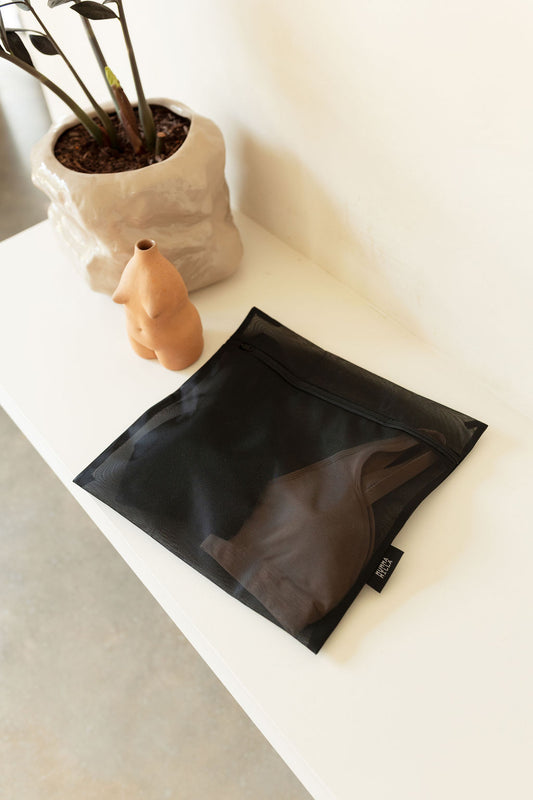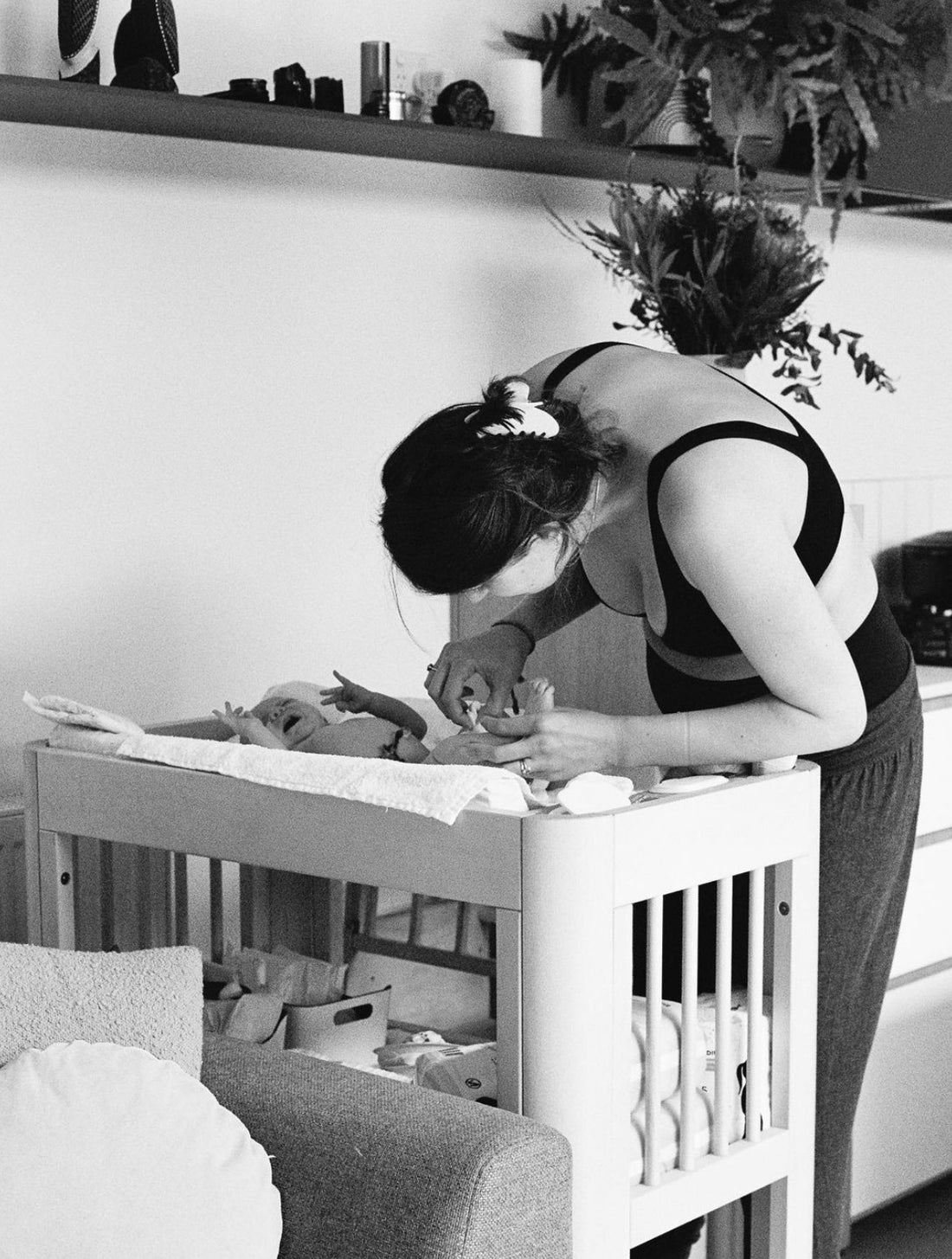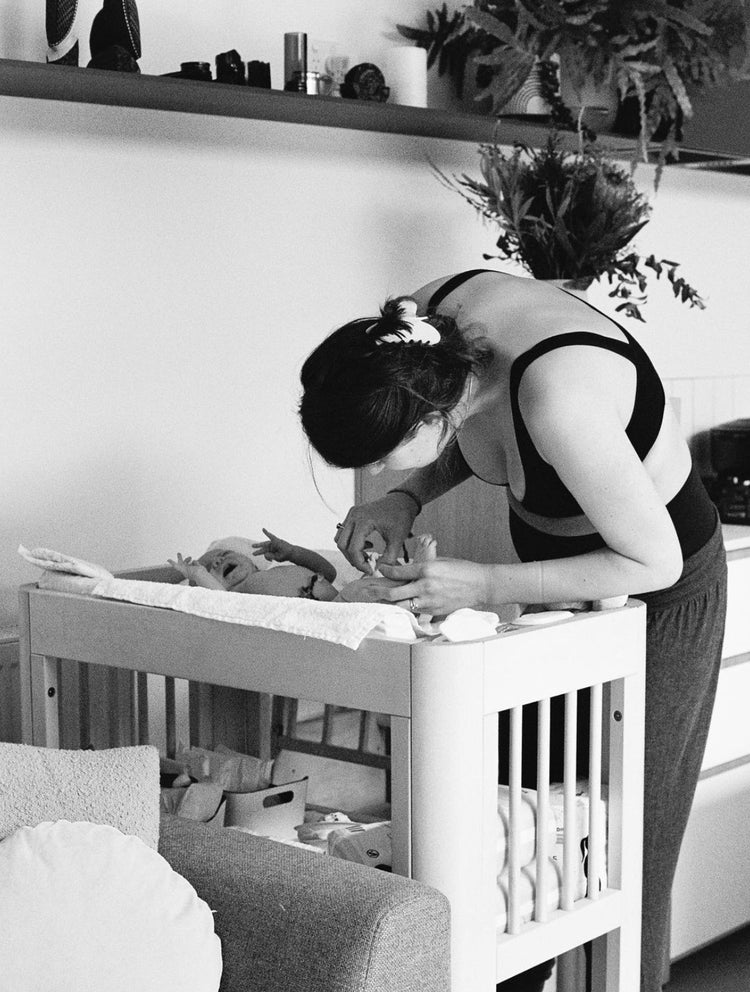Thanks to Dr. Eliza Hannam she highlights some postpartum symptoms we can experience, and may not know about after giving birth.
Dr Eliza Hannam is a GP, board certified lactation consultant (IBCLC) and Possums Neuroprotective Care accredited practitioner. Mother to three beautiful children, the youngest being 21 months, she has personally experienced challenges with her babies’ sleep and breastfeeding, so her guidance and support is like none other for mother's out there who may be facing postpartum difficulties.
#1. The “Afterbirth” Pains
These are from the uterus contracting back down after birth. Typically are most significant in the first 2-3 days after birth but can last for a week or more and are often triggered by breastfeeding.
#2. The "Sweats"
The sweats due to hormonal changes after pregnancy – often most notable at night! Fortunately, night sweats resolve on their own after a few weeks. Allow your body time to adjust, try to get some rest and drink a lot of water.
#3 The “Day 4 Blues”
It’s common to experience tearfulness, anxiety and feeling overwhelmed in the first week postpartum and it is thought to be in part triggered by significant hormonal changes in this time.
#4 Breast Engorgement.
This occurs when the milk first “comes in” – due to increased milk in the glands but also fluid/ swelling under the skin and around the breast glands.
"I had no idea how intense and uncomfortable it could feel when the milk comes in! For me, like many others, it meant huge, hard, leaky and throbbing breasts. It is so important to have a comfortable nursing bra that isn’t too tight or restrictive – as this can lead to pain and issues such as blocked ducts and mastitis." - Dr. Eliza Hannam.
#5 Breastfeeding can be hard.
Breastfeeding is commonly not easy; at least to start with. Whilst there is a lot of instinct at play for both mother and baby, it is also a learnt skill for you both!
Even if you’re breastfed previously, if you have another baby it’s new to them and sometimes will still take a little while for you to find your groove together. Importantly, even if feeding is tricky to start with, with the right support most people get through it and are able to successfully breastfeed
Whilst all of these symptoms can be normal (albeit surprising!), it’s of course important to seek medical attention if prolonged or severe as they can all potentially be symptoms of other more serious conditions, too.
SHOP COMFORTABLE NURSING BRAS HERE

Top banner image via @caramand.photography featuring @villageforme










































